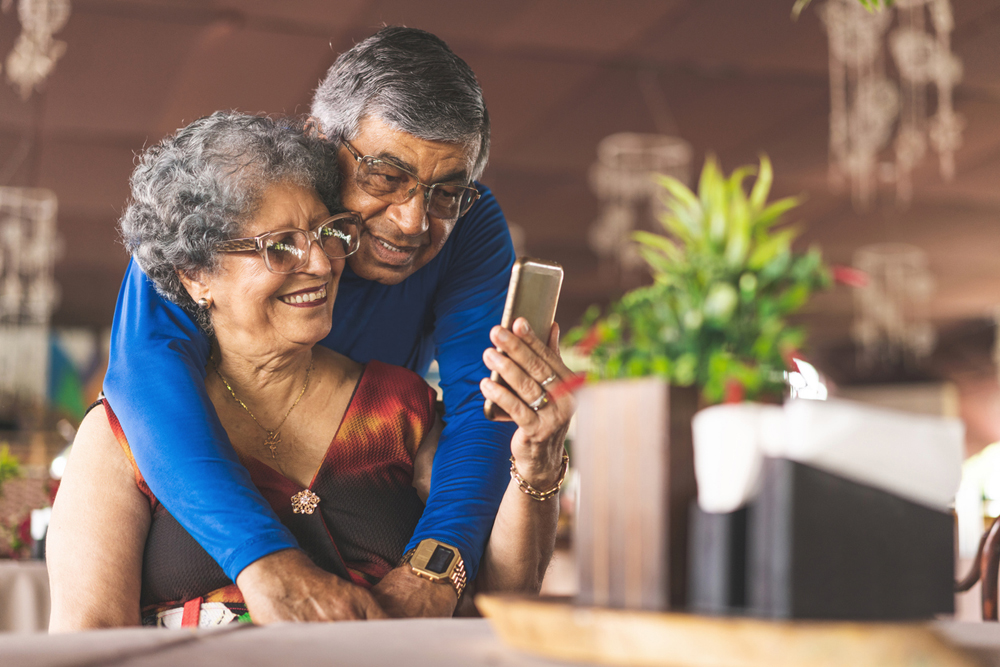In the early phase of the Covid-19 pandemic, the general impression was that the virus was mostly fatal to the elderly and/or people who had some underlying health conditions. Social media cess pits further strengthened the ageist tag that made the young believe that they need not be worried about this pandemic.
Gradually, it became clear that the virus doesn’t discriminate based on age but on the state of the immune system — those with a suppressed or compromised one are vulnerable. By that time however, a majority of the young, presuming they would be spared, had disregarded basic precautions and turned themselves into asymptomatic carriers. In the close-knit communities of Italy, many of these reckless youth transmitted it to their parents and grandparents.
Ageism is making the coronavirus pandemic worse, believe many geriatric experts. Harvard epidemiologist Eric Feigl-Ding raised the alarm on his Twitter feed as early as March 15, citing data on infection rates from South Korea which has been testing far more widely than any other nation. He posted, “Korea’s population-wide #Covid19 tests have revealed something scary: Young People are leading carriers. If the socially active aged 20-29 truly carry 30% of all cases — that means trouble!” He added in another tweet, “...#Covid19 will make its mild young carriers bring it home to grandma, grandpa or their friends who have diabetes, heart disease, stroke, high blood pressure, asthma, COPD, cystic fibrosis, kidney disease — kill them along the way.”
Dr Debanjan Banerjee, a geriatric psychiatrist at Nimhans, Bangalore, says, “Ageism should not be a stigmatising factor. Comments such as ‘Oh, you are actually the target group’ which I often hear towards senior citizens is damaging.” He mentions an elderly gentleman in Taiwan who disappeared from his house, fearing he had contracted Covid-19 and would infect his family. “Similar incidents of absconding or even self-harm have been happening at various places across the world,” he said.
Ever since the pandemic was reported in China, Dr Banerjee finds that the elderly and their families in the outpatient department of Nimhans are stressed. “They are worried because they are the most vulnerable with respect to severity of illness and mortality,” he said. “Among the elderly, even those without pre-existing mental health conditions have become susceptible to anxiety, chronic stress, adjustment disorders, depression, insomnia and so on.”
The younger generations must ensure proper care for the old. Since seniors have been advised to stay in isolation, check on them regularly, preferably through a video call. “Caregivers should see to it that they do not miss their medication,” says Dr Banerjee. He suggests telling them about the pandemic in simple terms, not focussing on statistics and descriptions that might stress them out.
Dr Mrinal Kanti Roy, a geriatric specialist in Calcutta, suggests caregivers of the elderly be extra careful about hygiene. Apart from simple precautions — maintaining a safe distance, washing hands and quick identification of anyone who is ailing — caregivers must change their clothes and bathe thoroughly should they ever venture out. He says, “Older adults experience a gradual deterioration of their immune system, making it harder to fight off diseases. As you grow old you lose the ability to produce antibodies in the body to fight infection.” To keep them physically fit, he advises a nutritious and well-balanced diet. “Proteins are essential to fight infection but you must be careful about their kidney function which usually gets impaired with age,” he says.
Social distancing during a pandemic is likely to make the elderly lonely. Dr Roy says, “While we need to keep older adults safe, keep in mind that social isolation can have a negative impact on older people’s immunity and mental health.” The media abounds with stories of people paying for an elderly person’s groceries, delivering food, writing letters, playing music outside nursing homes. There are so many ways to help while maintaining social distance. Healthy adults can do their bit to mitigate the loneliness of the older population by introducing them to technology to stay connected such as how to video chat.
Dr Banerjee stresses the fact that the elderly might have memory problems and sensory issues (vision, hearing) that can impair their understanding and ability to follow precautions to protect themselves. He says, “People with dementia might have tendencies to wander off, impaired self-care and difficulty in speech. Their safety and dignity need to be preserved.”
All in all, while social distancing should be strictly observed, the elderly need to have enough support to fight loneliness.
Additional reporting by Chandana Chandra











